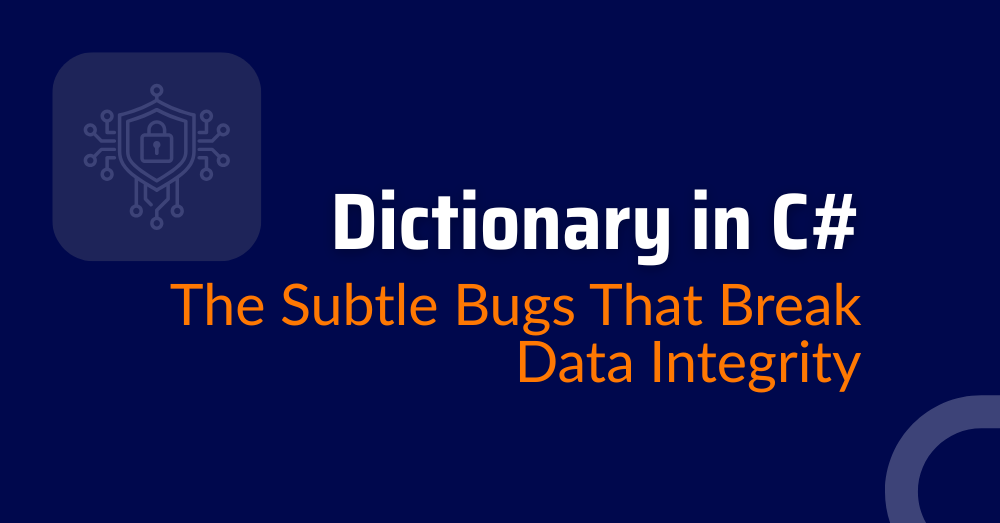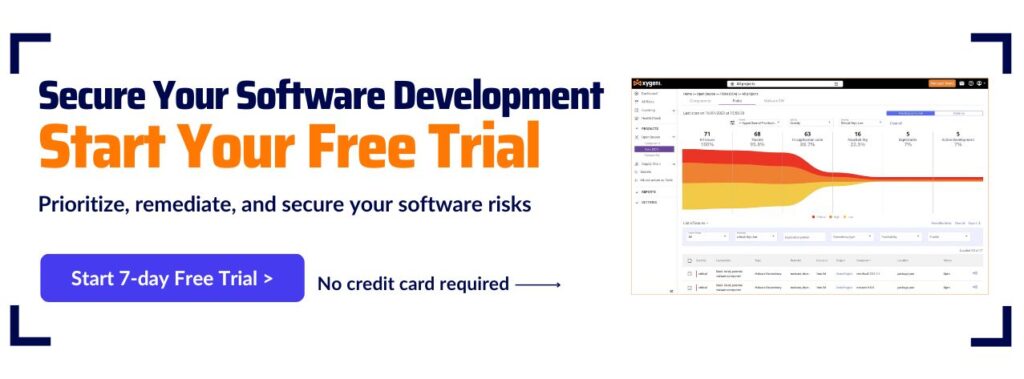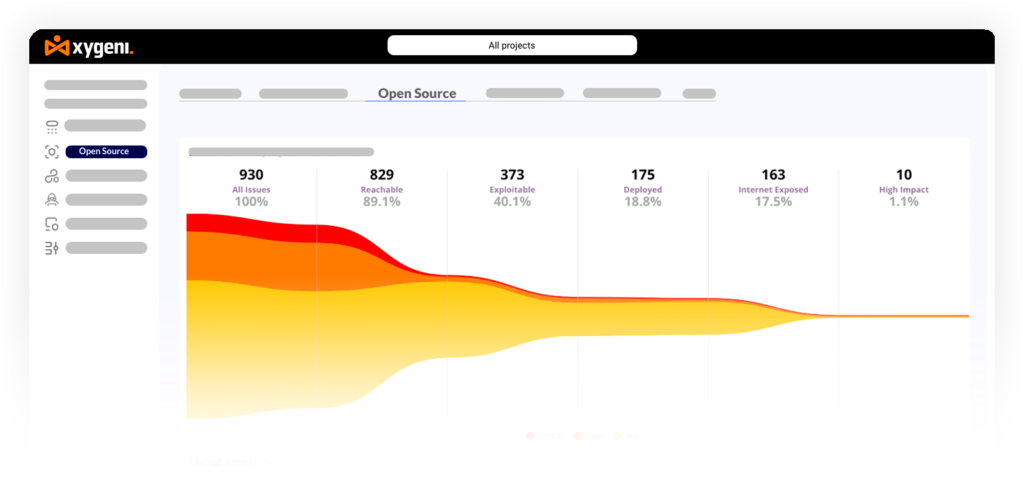Why C# Dictionary Can Compromise Data Integrity
A C # dictionary stores key-value pairs, fast and convenient, until concurrency or mutable keys enter the mix. Misusing a dictionary in C sharp can lead to race conditions, overwritten data, or unexpected lookups. In multi-threaded applications, this silent corruption breaks business logic without throwing exceptions.
⚠️Insecure example, for educational purposes only:
Dictionary<string, string> cache = new Dictionary<string, string>();
void UpdateCache(string key, string value)
{
if (!cache.ContainsKey(key))
cache[key] = value; // ❌ Unsafe concurrent access
}
If two threads check ContainsKey simultaneously, both may attempt insertion, breaking the integrity of the dictionary C # structure.
Secure version:
ConcurrentDictionary<string, string> cache = new ConcurrentDictionary<string, string>();
void UpdateCache(string key, string value)
{
cache.AddOrUpdate(key, value, (k, old) => value);
}
Educational note: Even professional teams overlook how easy it is for a C # dictionary to lose consistency under pressure.
Common Failure Patterns in Dictionary C# Usage
Here are the most frequent integrity issues in the dictionary C # logic:
a. Key Collisions
Different objects with identical hash codes can collide, leading to unexpected overwrites. Always use immutable, well-defined keys for any dictionary in C sharp structure.
b. Mutable Keys
If a key object changes after insertion, lookups will fail silently.
⚠️Insecure example, for educational purposes only:
var user = new User { Id = 1, Name = "Alice" };
var dict = new Dictionary<User, string>();
dict[user] = "Data";
user.Id = 2; // ❌ Mutates key, lookup now fails
c. Missing Exception Handling
Calling dict[key] directly can trigger KeyNotFoundException. Always validate before access.
Secure example:
if (dict.TryGetValue(key, out var value))
Process(value);
else
Log.Warning("Missing key in dictionary c#");
Educational note: Handle missing keys gracefully to avoid runtime errors.
These small oversights turn Dictionary in C sharp from a performance feature into a data integrity risk.
Concurrency Hazards: Unsafe Access and Thread Contention
Non-thread-safe access to a C # dictionary is a classic source of data corruption. When multiple threads modify a dictionary in C sharp, internal resizing or iteration can crash the runtime or duplicate entries.
⚠️Insecure example, for educational purposes only:
Parallel.For(0, 100, i => sharedDict[i] = $"Value {i}"); // ❌ Not thread-safe
This creates race conditions and possible memory corruption.
Secure version:
ConcurrentDictionary<int, string> sharedDict = new ConcurrentDictionary<int, string>();
Parallel.For(0, 100, i => sharedDict.TryAdd(i, $"Value {i}"));
// # Educational note: Use concurrent collections in multithreaded scenarios.
Educational note: CI/CD systems running parallel jobs often expose these problems. A thread-unsafe dictionary C# in a build agent or shared test context can break test reproducibility and data validation.
Secure Coding Practices for Dictionary in C Sharp
To write secure, predictable code, treat dictionaries in C # as part of your data integrity model. Here’s a concise, secure checklist for developers:
- Always validate inputs before using them as keys.
- Prefer ConcurrentDictionary for shared or async contexts.
- Never mutate objects used as dictionary keys.
- Catch KeyNotFoundException and handle gracefully.
- Avoid exposing internal dictionaries through public APIs.
- Log key collisions and invalid lookups.
Example, safe implementation:
ConcurrentDictionary<Guid, User> users = new ConcurrentDictionary<Guid, User>();
public bool RegisterUser(Guid id, User user)
{
return users.TryAdd(id, user);
}
Educational note: Keep dictionary C# access atomic and validated.
Even a simple control like this maintains strong integrity guarantees and reduces hidden logic flaws in C # dictionary operations.
Detecting Data Integrity Risks in DevSecOps Pipelines
Static analysis tools in CI/CD pipelines can detect unsafe dictionary usage in c sharp usage # before merge.
Example integration:
- name: Validate dictionary usage
run: |
dotnet build
xygeni validate --rules dictionary
# Never expose real tokens, credentials or internal URLs in pipelines
Automated scans detect:
- Mutable or unvalidated keys
- Thread-unsafe dictionary access
- Overlapping data paths in concurrent workflows
Detecting these issues early keeps dictionary C # usage safe and consistent across environments.
Reinforcing Code Safety With Xygeni
Xygeni Code Security identifies risky C# dictionary access patterns, key mutation issues, and concurrent modification risks. It automatically detects unsafe reads and writes to shared dictionaries, mutable key usage, potential race conditions, and missing integrity validations or exception handling.
Xygeni detects:
- Unsafe dictionary reads/writes in C#
- Mutable key definitions or key mutation during execution
- Potential race conditions in shared data structures
- Missing validation or integrity checks in dictionary operations
Example command:
xygeni scan --detect dictionary
Educational note: Integrate Xygeni as a pre-commit guardrail to catch unsafe dictionary patterns early.
By enforcing best practices for dictionary usage in C#, Xygeni helps developers maintain reliability, integrity, and security from code to deployment.
Data Integrity Is a Security Property
Data integrity is not a convenience; it’s a security requirement. A corrupted or unsafe C# dictionary can silently leak, overwrite, or invalidate data.
By applying safe concurrency controls, validating keys, and using Xygeni to automatically detect insecure access, key mutations, and race conditions, teams ensure every dictionary in C# remains both performant and secure under load.
Key Takeaway
Every C# dictionary deserves validation, isolation, and concurrency control. Treat your C# dictionary as a security-critical component, not just a utility. With Xygeni, unsafe access, key mutations, and race conditions are detected before they reach production, protecting your data integrity, performance, and users.









